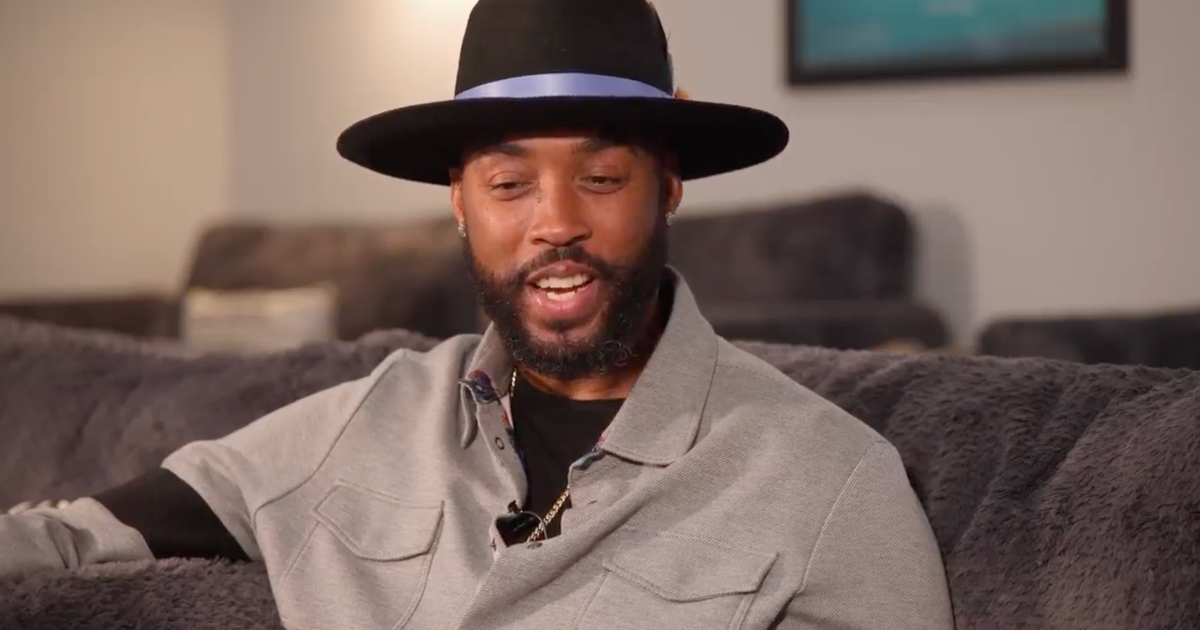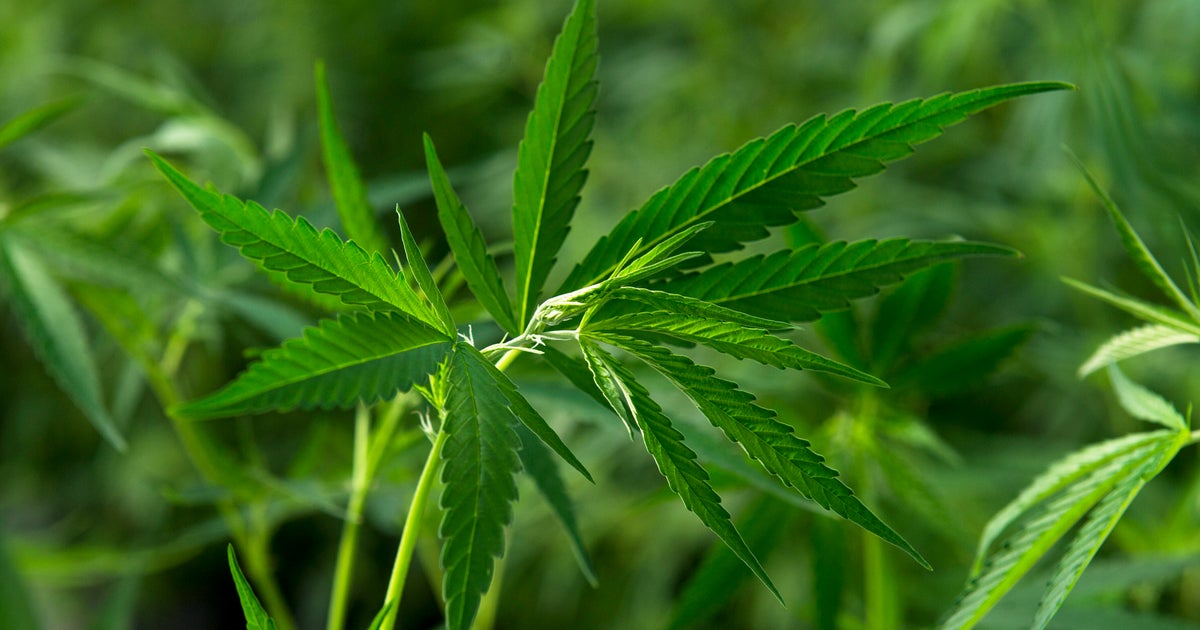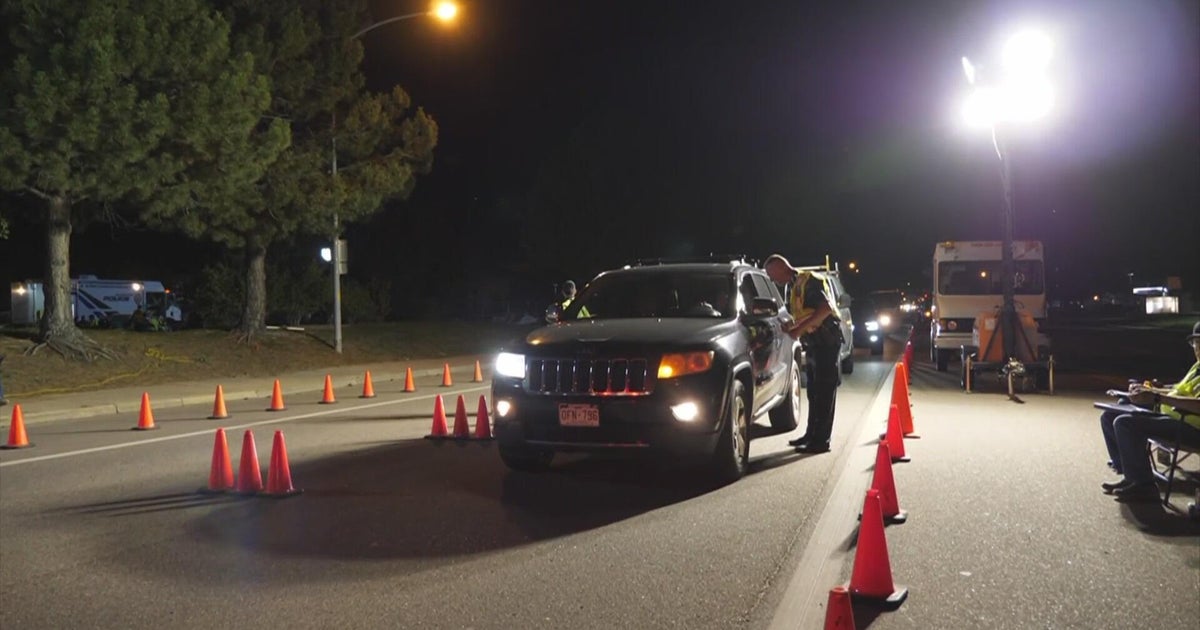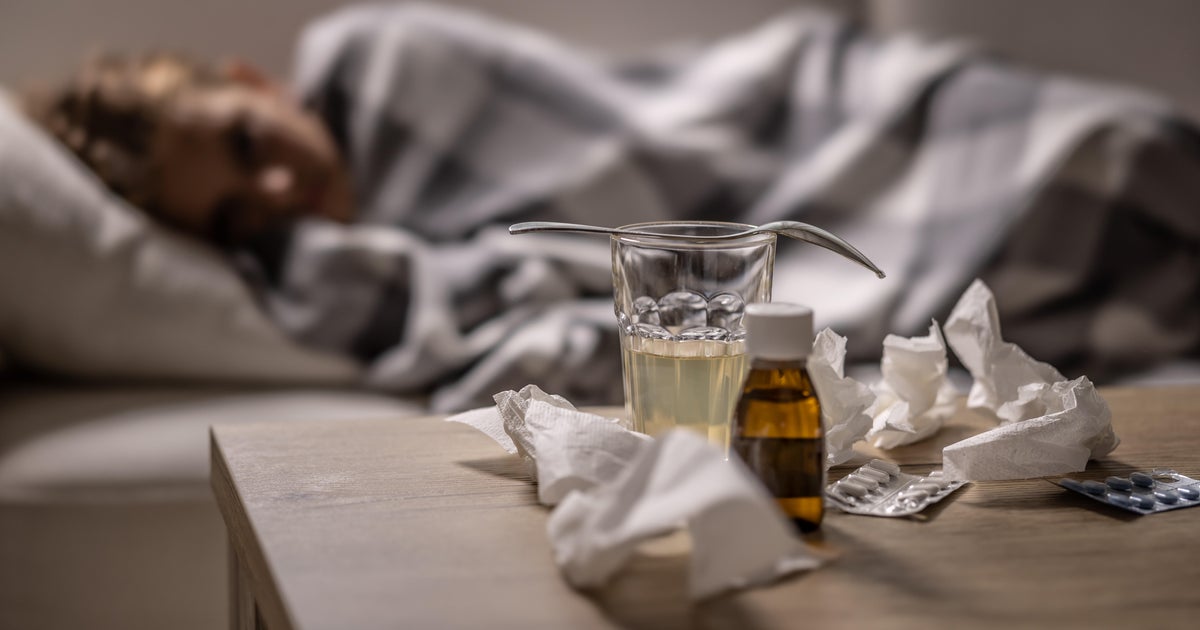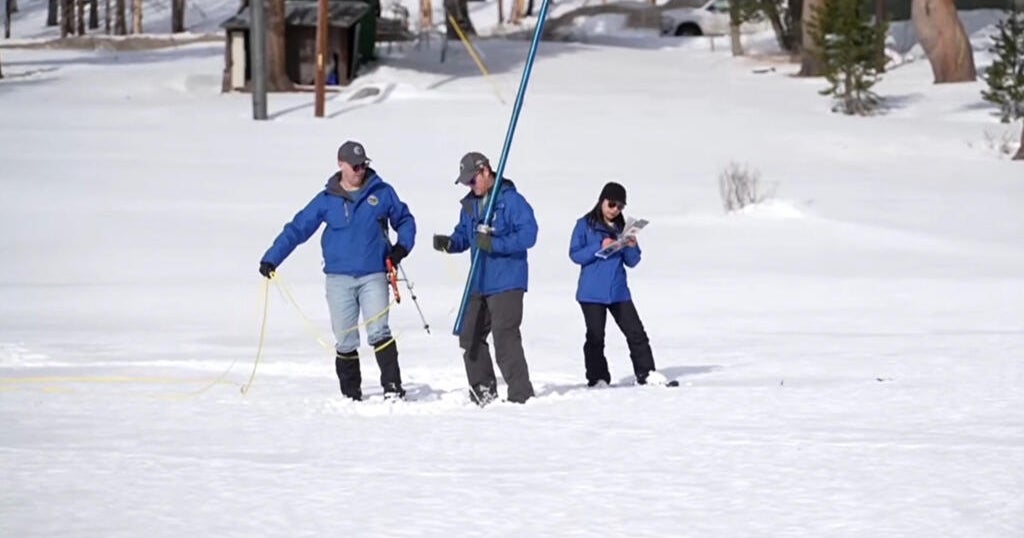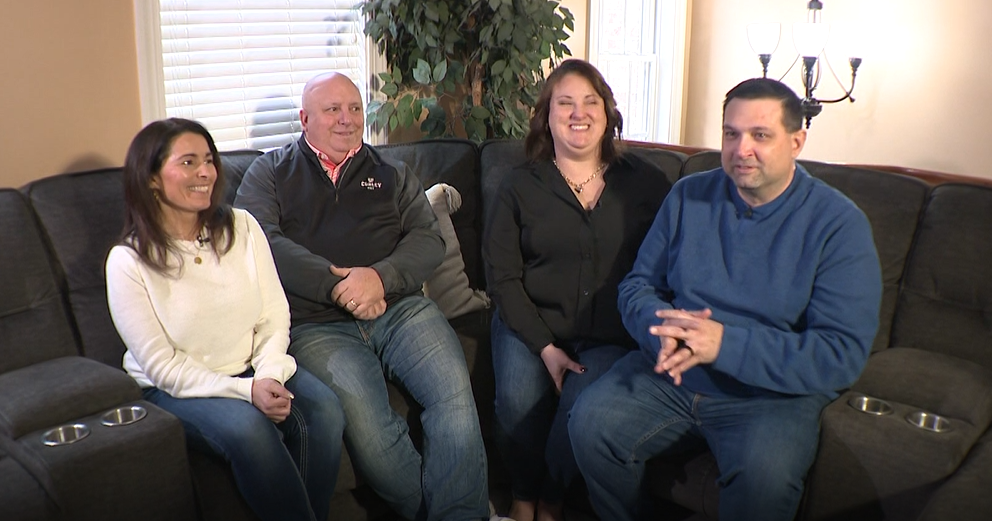Former Rocky Flats Neighbors Share Health Horror Stories
By Jeff Todd
(CBS4) - Barb Moore didn't have any signs during her pregnancy that her child wasn't going to be healthy.
"My son was born Dec. 20, 1975. He had a tumor around his aorta artery the size of a grapefruit. So there was no ignoring it, it was felt at birth," Moore said.
Joe was immediately sent to Denver General Hospital for surgery and chemotherapy. He has been sick ever since.
"At two days old he had his first surgery to find out what it was at first and it was discovered it was a Neuroblastoma tumor," a very rare childhood cancer, Moore said.
In 1993, Moore and her son Joe were back in a doctor's office to find out he had pituitary tumor. He was diagnosed with Acromegaly/Gigantism.
"In 2000, I stopped counting the number of diseases or disorders he had, but I counted 20 to 25 diseases before I stopped counting," Moore said.
Moore is one of a few dozen people who have now told their accounts of illnesses to researchers for the Rocky Flats Downwinders community health study.
Late last year, the study showed data from people who filled out an online survey. The data was hard to calculate, but showed higher cases of rare cancers by those respondents.
Rare cancers are generally referred to if less than seven people are diagnosed per 100,000 people.
That's the side of the health survey Dr. Stephanie Malin, a professor at Colorado State University in Fort Collins, is concentrating on.
"This is data that has not been gathered by the health department. You have people living down the street from each other or living in the same town that are both diagnosed with rare diseases when it's a surprise you would even find one, Let alone multiple cases," she said about the survey results. "It shows that the community concerns have not been addressed by the health studies that have been done by the state health department and that there are still many unanswered questions."
The Colorado Department of Public Health and Environment has been studying Rocky Flats for decades. An exposure study says plutonium did leave the Rocky Flats campus, but that plutonium does not pose an increased risk of cancer in the area.
Malin says the community health survey is approaching the topic of health concerns around Rocky Flats differently.
"Attention to environmental exposure is not given the same legitimacy as individual behaviors, and it tends to be a 'blame the victim' approach ultimately, not collectively what have we experienced with environmental contamination but what did you do wrong to end up with this disease," Malin said. "I think it's very important to capture people's stories, simply because so many people believe they haven't been listened to and their suffering has been ignored."
People like Barb Moore, or sisters Paula Elofson-Gardine and Susan Hurst who are also giving oral-histories to Malin and a team of academic researchers.
"A lot of our friends are dead now, the ones I went to school with out here," said Hurst. "Our dad died of cardio pulmonary, his lungs filled up with fibers. It went down as heart failure because his heart gave out."
"But what he actually had was pulmonary fibrosis," said Elofson-Gardine.
Paula and Susan are healthy, right now, but have been advocating against Rocky Flats and the plutonium that left its property for years. They didn't realize the health impacts at the time but say plutonium is to cause for a variety of health issues.
Hurst, like Moore, had complications after her first pregnancy.
"She was born with parts of her brain missing, and the doctors from California called me and told me that, and asked me where I spent my first trimester and I said 'I was swimming in Leyden Lake, (a small lake southeast of Rocky Flats)," Hurst said. "I didn't know about Rocky Flats when my daughter died."
Moore moved to the town of Leyden around the time she became pregnant with Joe. She believes plutonium coated the area as well.
"I had a wonderful neighbor, with an organic garden, and she grew all her own vegetables. Beautiful lady. (She) suffered 17 different kinds of cancer," Moore said. "17 cancers, she fed me through my pregnancy, I ate from her vegetable garden."
Malin says it's histories like these that are vital to find out more about the impacts Rocky Flats has had, and could still have as the population around the site grows.
ROCKY FLATS - COLORADO'S NUCLEAR SHADOW: Visit CBS4's Special Section
"In a way I kind of see this as a second era of awareness and public transparency. You also have this era now in which people from out of state are moving in to this area in droves," Malin said. "I'm hoping the health study can help provide some information to people who have questions."
Additional Resources
The Rocky Flats Health study is looking for money to continue researching. You can help here: www.youcaring.com/RockyFlatsHealthStudy
Jeff Todd joined the CBS4 team in 2011 covering the Western Slope in the Mountain Newsroom. Since 2015 he's been working across the Front Range in the Denver Headquarters. Follow him on Twitter @CBS4Jeff.
